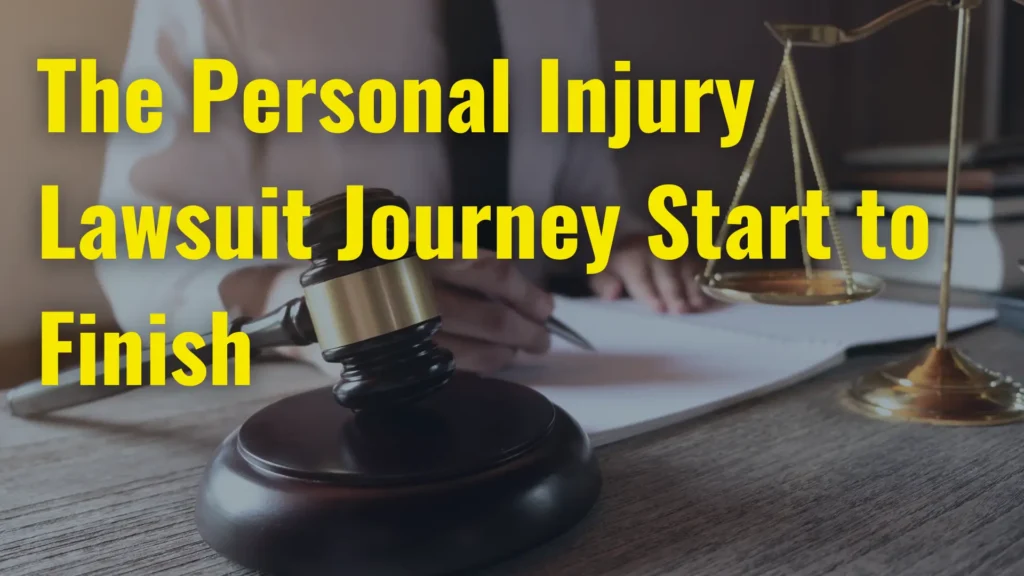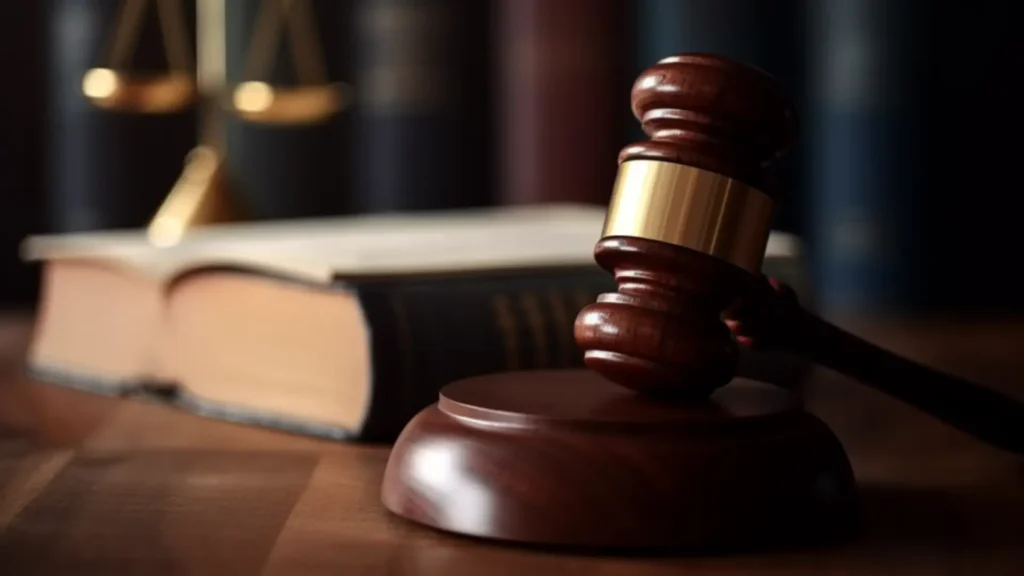
Members of the Memphis community are injured every day through no fault of their own. The Centers for Disease Control (CDC) reported an annual average of 25.5 million emergency room visits for accidental injuries in the United States. Many of these injuries result in personal injury lawsuits, which are often complicated. A personal injury trial can last months or even years. The length of the process often depends on the complexity of the case. What should you know about the personal injury lawsuit process? The Memphis personal injury lawyers at Gatti, Keltner, Bienvenu & Montesi, PLC can guide you through every stage.
Stages of a Personal Injury
Every personal injury case follows a similar process. What are the stages of a personal injury case? These stages look different depending on the type of case. Personal injury law is a large area of law. It can encompass anything from a slip-and-fall in a store to a colossal tractor-trailer accident on the highway.
What should you know about the personal injury lawsuit process? The duration of the lawsuit process depends on the number of parties involved, whether the evidence is easily accessible, the number of depositions required, whether the parties cooperate in the discovery process, which court is hearing the case, and that court’s calendar. Here is a quick timeline of a personal injury lawsuit:
Initial Consultation
Finding an attorney who understands personal injury law is vital. Not all lawyers are made equal, and not all lawyers are skilled in every field of law. In addition to finding an attorney who understands personal injury law, clients should seek an attorney who understands the nuances of their particular type of personal injury case. During a consultation, clients should ask about the attorney’s fees, years of experience, any issues the lawyer might have with handling this type of case, and the lawyer’s communication style. How quickly do they answer texts or phone calls? How often do they provide status updates?
The client should attend the meeting prepared with all the information from the accident and medical treatment records. The attorney needs these medical records to give a cursory analysis of the case. The attorney will inform you of the strengths and weaknesses of your case.
Get a free case review today. There`s no fee unless we win!
Filing Documents
After the initial consultation, the attorney will file the lawsuit. The Tennessee Rules of Civil Procedure state that filing a complaint begins a lawsuit. The plaintiff must serve the defendant with a complaint stating the nature of the accident and the injuries. The plaintiff must file their complaint with the court within the statute of limitations for it to be valid. The complaint names the defendant as liable for the injuries sustained from the accident, and the defendant has thirty days to answer the complaint.
Over $500 Million
Recovered on Behalf
of Our Clients
Discovery Phase
An attorney can only form a compelling argument if they have all the evidence available. Discovery is the stage in a lawsuit when the parties exchange and gather evidence relevant to the case. The attorneys may request medical bills and records from the opposing side and interview potential witnesses.
- Interrogatories are written questions that each party sends to the other. Parties must respond to these interrogatories and are under oath to tell the truth.
- Depositions involve oral questioning of witnesses and parties involved in the case. Lawyers interview witnesses under oath.
During discovery, the attorneys can discover the evidence the other side may use to formulate their case and develop arguments to counter the other’s claims.
Fighting for the MAXIMUM
Money for You
Pretrial Motions and Hearings
Tennessee allows the parties to argue for specific relief before trial through motions to the court. The motion must be in writing, and the court may allow the attorneys to argue at a hearing on the motion.
Attorneys often use motions to exclude evidence from the trial, force the other side to provide evidence, or ultimately dismiss the case. Defendants may file motions to have a case dismissed because it lacks evidence. Meanwhile, the plaintiff may seek to have the case automatically decided in their favor through summary judgment.
The Federal Rules of Civil Procedure state that someone can get a summary judgment only if the material facts are undisputed and they are entitled to the judgment as a matter of law.
Put Montesi`s Power
Lawyers to Work for You
Mediation and Settlement Discussions
Many lawsuits settle before trial because the parties engage in mediation. The attorneys negotiate before the trial. The plaintiff will demand a certain amount before the parties begin a back-and-forth settlement negotiation process. Clients should seek attorneys with solid negotiation skills, as a negotiated settlement can prevent the additional time and financial costs of taking the case to trial.
Trial
When the settlement offer isn’t possible, a trial is the next step. Trials are governed by court rules and procedures. Don’t know what to expect in personal injury litigation? Here are some steps you need to consider:
- Opening statements are short statements from the plaintiff’s and defendant’s attorneys about what they intend to prove at trial.
- Examination is when both sides question witnesses about information relevant to the trial. The plaintiff presents before the defendant because the plaintiff must prove their argument.
- Closing arguments are an opportunity for both sides to restate the high points of their arguments.
- Jury deliberations allow the jury to decide if the defendant is liable if the plaintiff requests a jury trial. The jury then presents its decision to the court.
- If the plaintiff prevails, the jury awards damages after the verdict.
- If the plaintiff did not request a jury trial, the judge will make the decision and issue the award.
Post-Trial Motions and Appeals
The defendant may file an appeal if the jury sides with the plaintiff. The defendant may also file a post-trial motion to set aside the verdict. The plaintiff can appeal if the defendant wins the case.
An appeal asks a higher court to determine that the trial decision was wrong based on the law. The facts are not at issue at this stage. The trial court makes its determination based on the facts and evidence of a case. An appeals court determines whether the trial court applied the law correctly. A defendant might argue that damages were too high based on state laws or other legal issues.
The defendant may also file post-trial motions to set aside the verdict entirely or ask for a new trial.
Have a Personal Injury Case? Get Legal Help Today
Don’t know what should you know about the personal injury lawsuit process? Clients must enter the personal injury lawsuit journey knowing that emotional stress will be part of it. Hire a attorney that is skilled and compassionate to help you handle this often-overwhelming process.
The experienced Memphis personal injury attorneys at Gatti, Keltner, Bienvenu & Montesi, PLC can help you through the complex landscape of personal injury. Call Gatti, Keltner, Bienvenu & Montesi, PLC at (901) 526-2126 or contact us online if you or a loved one has been injured. Our team of attorneys can help you get free consultations to get the best possible outcome for your case.

